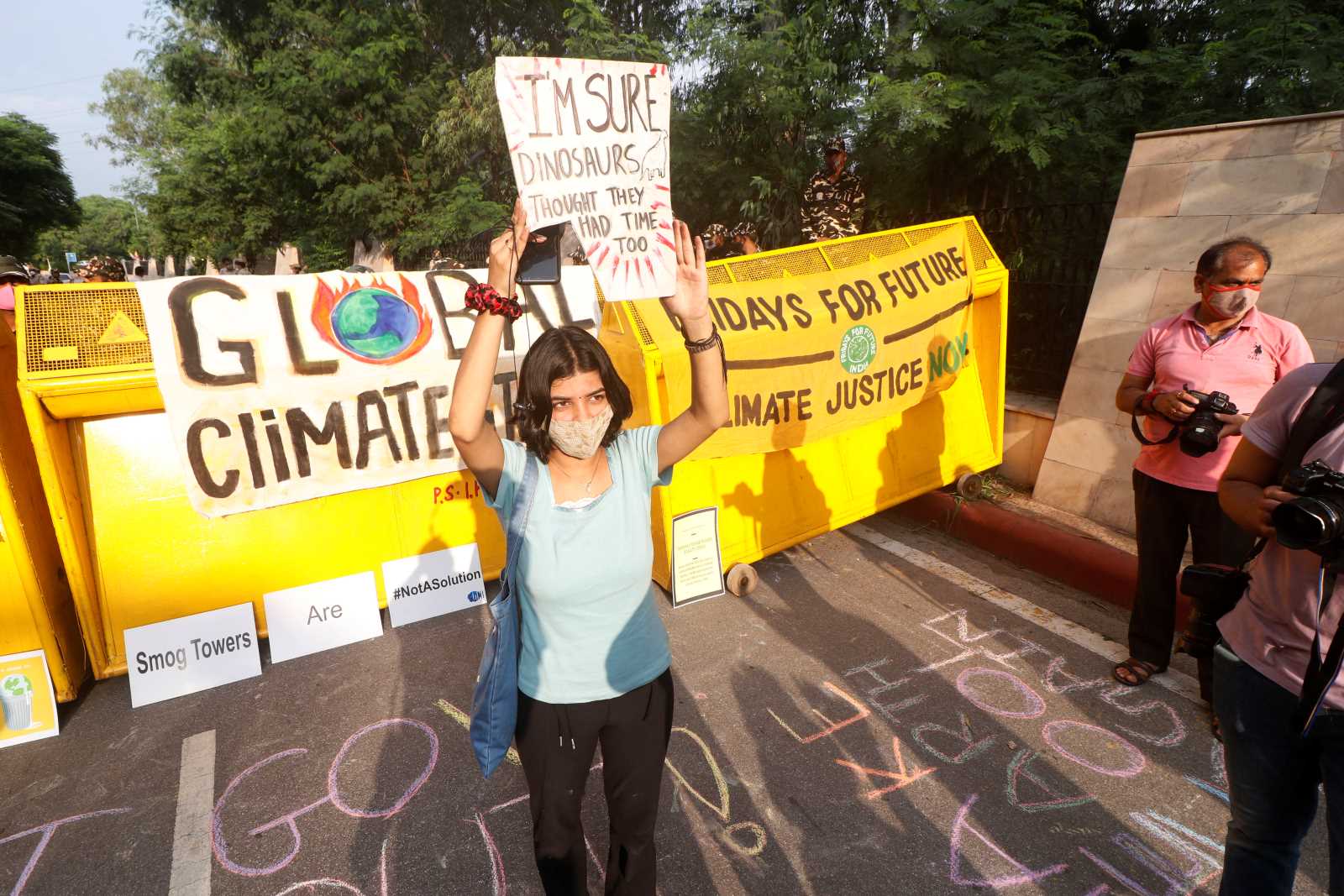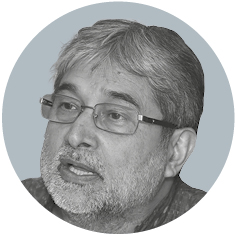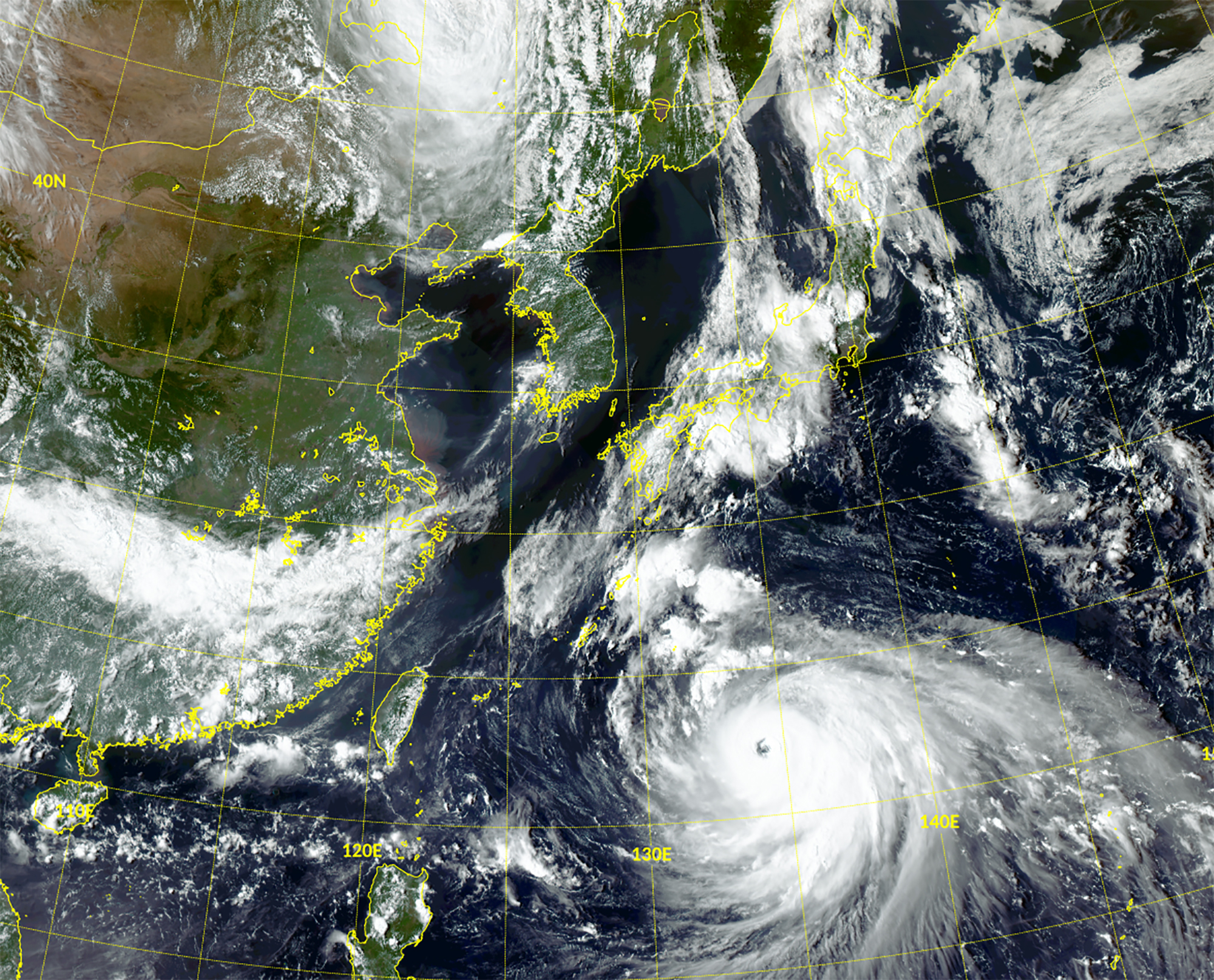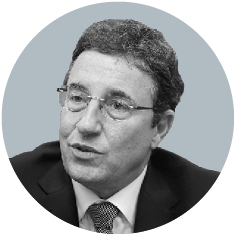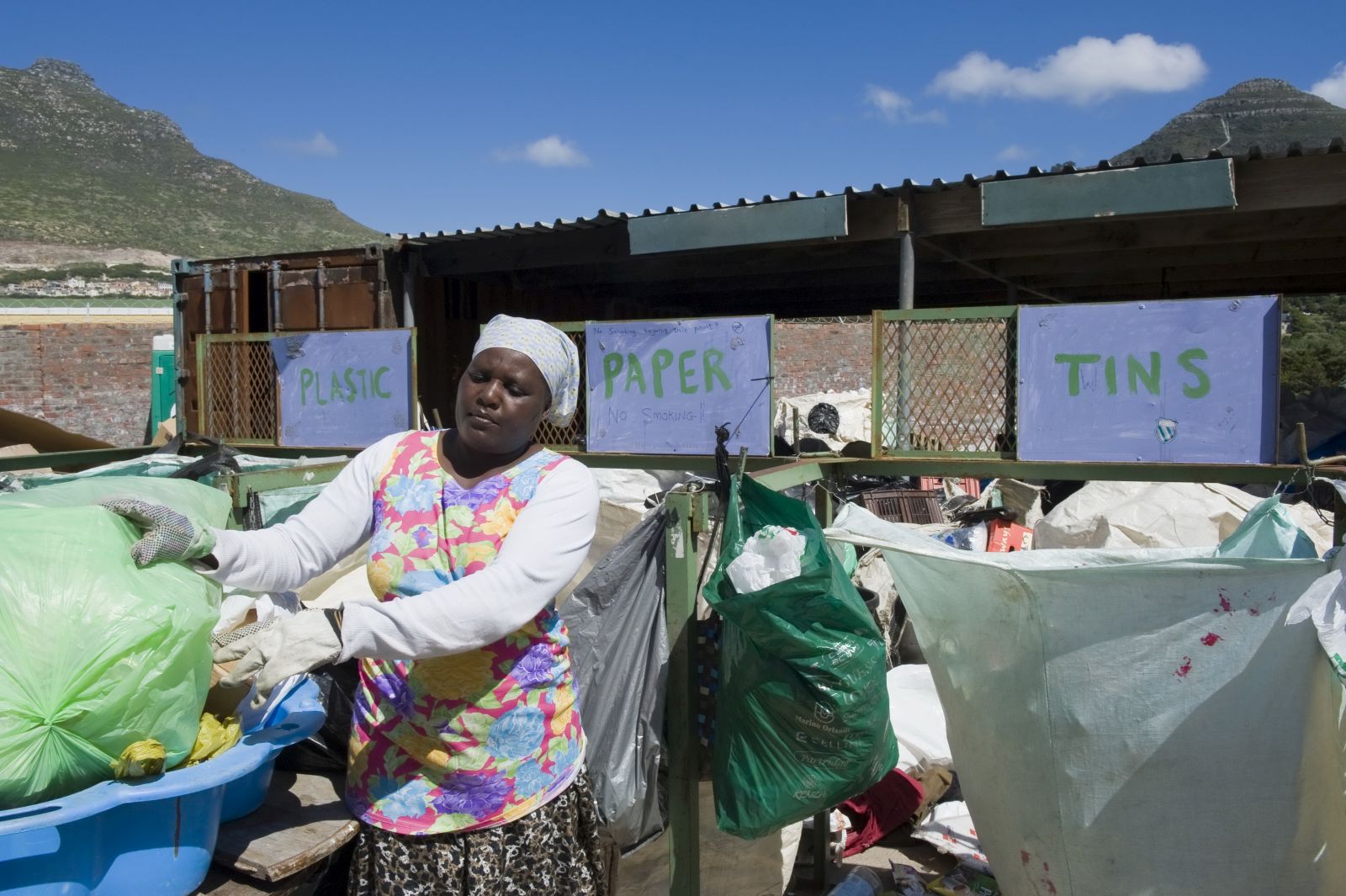United Nations
New challenges
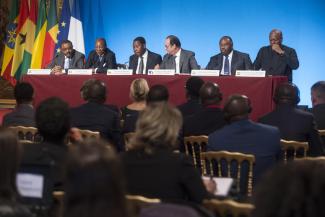
The UN is celebrating its 70th birthday this year. Originally established as a security organisation, the UN is now a development organisation. Despite its extensive experience, criticism is growing about bureaucracy hampering the organisation’s effectiveness.
Jakob Rhyner of the United Nations University (UNU) acknowledges that many positive developments have resulted from crises situations. Especially in disaster-risk reduction, which is becoming more and more important due to global warming, there has been tremendous technical progress. Early-warning systems were established thanks to the innovation power of the private sector. However, there was only very little progress in political procedures to limit vulnerability, Rhyner bemoaned at a podium discussion at Bonn University in early November.
Slow progress seems to be a general problem when it comes to the political aspiration of UN programmes. Jürgen Zattler of the German Federal Ministry for Economic Cooperation and Development (BMZ) attributes this to the UN’s inadequate funding mechanisms. Germany for example would like to increase so-called core funding, which are regular reliable contributions and serve to ensure the UN can serve its core functions. However, slowed negotiations have hampered adequate financing programmes.
The SDGs, which were adopted this year, are seen as very positive by Lutz Möller of UNESCO, the UN Educational, Scientific and Cultural Organization, because they address both developing and developed countries and incorporate a holistic approach. He expects the SDGs to have an impact on national policies as they force governments to consider global perspectives. In Möller’s view, the UN climate summit in Paris “will reveal the state of multilateralism”.
Richard Kinley of the UN Climate Change Secretariat (UNFCCC) agrees. Looking back at previous attempts, Kinley observes an evolution in the way the international community is tackling climate change. Previous conferences yielded only weak, unsatisfactory agreements, so the UN had to undergo a learning process. Kinley expresses confidence “that we will have an agreement on the table by the end of the negotiations” in Paris.
He hopes to build a system of pledges that allows countries to decide individually what to do. This is better than setting norms on the basis of the lowest common denominator, as was done at previous conferences. “Governments will not do things only because international organisations tell them to do so,” Kinley argues, “they will only do so if it is in their own interest.” In his view, multilateral progress is crucial: the weakest member states should not feel dictated by richer countries. Potential agreements have to be drafted in a flexible way that leaves room for adaption to changes, Kinley says.
Richard Dictus of United Nations Volunteers (UNV) says that if we want to live within the climate boundaries, volunteers are crucial because they bridge the gaps between high-level policy-making and actual people. In his view, “the UN needs to always show-case the human dimensions” of its programmes. Volunteers are important in mobilising people and making them heard by politicians, especially in places where people lack democratic rights. However, volunteer programmes tend to be underfunded at local levels, he says.
Floreana Miesen
